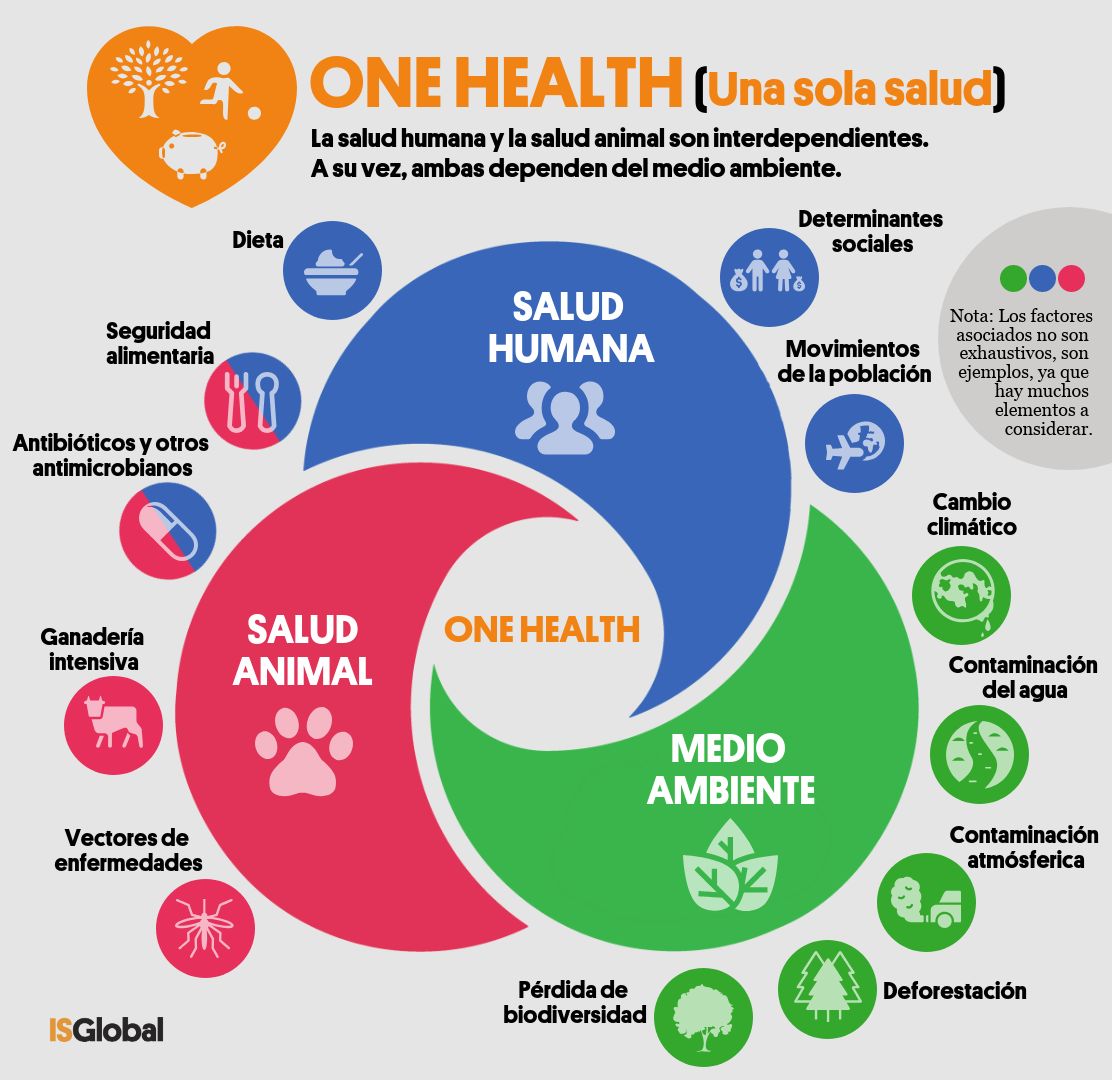Sometimes, a single word can hold so much more than its simple translation. It can carry feelings, traditions, and a whole way of looking at the world. Think about how certain phrases just resonate, making you feel a particular connection to a moment or a group of people. These words are like little packages of culture, ready to be opened and appreciated. They offer a glimpse into how others express care, happiness, and well-wishing, you know, in their own special way.
When you hear a word like "salud," it might sound familiar, perhaps from a movie or a shared meal. But what does it truly represent? It's a word that goes beyond just saying "hello" or "goodbye." It's a word that speaks to the heart of how people connect and show they care for one another, really. It brings with it a sense of warmth and a wish for good things, making conversations feel a bit more genuine.
This little word, "salud," holds a lot of different uses and a rich story behind it. It’s a way to wish someone well, to share a moment of good cheer, or even to offer comfort. So, let’s take a closer look at what this word means and how it shows up in various parts of life, giving us a deeper appreciation for its simple yet powerful presence.
Table of Contents
- What is the core salud meaning?
- Where does the salud meaning come from?
- More than just a word - the broader salud meaning
- How is salud meaning used in everyday moments?
- A shared sentiment - the community salud meaning
- Is the salud meaning different across languages?
- Understanding the full salud meaning
What is the core salud meaning?
At its very heart, the word "salud" in Spanish points directly to the idea of well-being. It’s a way of talking about someone’s condition of being sound and good, you know, in their body and spirit. This primary sense of "health" is what most people first think of when they come across the word. It’s about a state where everything feels right, where a person is free from illness and has a good amount of vigor. So, when someone mentions "salud," they are often referring to this fundamental aspect of being well, which is pretty important for everyone.
This basic meaning of feeling good and being strong is a cornerstone of the word’s use. It’s the foundation upon which all other interpretations and applications of "salud" are built. Think about it: wishing someone good fortune often starts with wishing them a sound body and mind, does that make sense? It’s a universal hope, really, that people experience a good condition of life. The word itself, therefore, holds this central idea of a person’s good state of being, making it a very positive and welcome term in many conversations.
For those learning Spanish, grasping this main idea of "health" is the first step to truly appreciating the word. It’s a concept that shows up in so many daily expressions and is a common topic of conversation. Whether talking about personal well-being or the general condition of a community, the idea of "salud" is always there, meaning a good state of being. It’s just a word that carries a lot of positive weight, really, a sense of wishing for a good life for everyone.
Where does the salud meaning come from?
The journey of the word "salud" goes back a long, long way, all the way to an ancient language called Latin. It comes from the Latin word "salus." This old word "salus" had a couple of important ideas tied to it: it meant both a good physical state and also a feeling of safety. So, you can see how the modern "salud" carries both the idea of feeling good in your body and being free from harm, too. It’s a pretty neat connection to its past, showing how language holds onto old meanings over time.
This connection to "salus" is quite important because it helps us see why "salud" is used in so many different ways today. It’s not just about a sound body, but also about a general sense of well-being and being secure. When people say "salud," they are, in a way, echoing those ancient sentiments of wishing someone not just to be free of illness, but also to feel protected and at peace. It’s almost like a little piece of history in every utterance, really, connecting us to how people thought about good fortune ages ago.
Understanding this background gives a richer feel to the word "salud." It shows that it’s more than just a simple translation; it’s a word that has grown and adapted while keeping its core wishes intact. From the Latin "salus" wishing for a sound state and safety, we get the Spanish "salud" which continues to convey these hopes for others. It’s a pretty cool example of how words carry their stories with them, always reminding us of where they started and what they have always meant, in some respects.
More than just a word - the broader salud meaning
"Salud" stretches far beyond just talking about whether someone feels unwell or good. It has become a common way to express good wishes in many different situations, making it a very versatile word. Think of it as a little verbal hug, a way to show you care about someone’s well-being in a general sense. It’s about sharing a hopeful feeling, whether it’s for a person’s physical condition, their happiness, or just their overall good fortune. This broader application makes "salud" a truly warm and welcoming term, you know, in daily interactions.
This word is often used in moments where people are sharing a good time or offering comfort. It’s a simple, yet powerful, way to acknowledge someone and convey a positive sentiment without needing a lot of extra words. It’s almost like a shorthand for "I wish you well," or "May good things come your way." This expanded use shows how language can adapt to express deep human connections and shared hopes, making conversations feel a bit more personal and caring, really. It’s a good example of how a word can grow beyond its first meaning.
So, while the main idea of "salud" is about a sound state, its everyday use covers a much wider range of good feelings and wishes. It’s a word that helps people connect on a deeper level, showing empathy and positive intent. It’s a testament to how important good wishes are in human interactions, and how a single word can carry so much of that good feeling. This broader "salud meaning" truly makes it a staple in many conversations, adding a touch of warmth to the day, in a way.
How is salud meaning used in everyday moments?
One of the most common ways you’ll hear "salud" is when people are raising their glasses together, sharing a drink. It’s the equivalent of saying "cheers!" in English. When folks gather to share a moment, perhaps celebrating something special or just enjoying each other’s company, this is a very natural thing to say. It’s a way of wishing everyone at the table good fortune and a happy, healthy future. This use of "salud" makes the gathering feel a little more connected, as everyone shares a hopeful sentiment for the others, you know, in that very moment.
Another frequent use of "salud" comes after someone sneezes. Just like saying "bless you" in English, "salud" is offered as a kind and caring response. This tradition goes back to old beliefs about sneezes, but today, it’s mostly just a polite way to show you notice someone and wish them well. It’s a small gesture, really, but it shows a basic human connection and concern for another person’s comfort. So, if you hear a sneeze, "salud" is a perfectly fitting and thoughtful thing to say, almost instinctively.
Beyond these specific moments, "salud" can also pop up as a general greeting or even a farewell, especially when the speaker wants to convey a wish for well-being. It’s a friendly way to start a conversation or to part ways, leaving the other person with a positive feeling. It’s not as common as a simple "hola" or "adiós," but it carries a bit more warmth, suggesting a deeper wish for the other person’s good state. This flexibility in its use shows how deeply rooted the "salud meaning" is in the idea of wishing others well, in some respects.
A shared sentiment - the community salud meaning
The word "salud" does more than just convey a simple wish for well-being; it really reflects a deeper cultural emphasis on togetherness and enjoying the good things in life. When people say "salud," especially in a group setting, it’s not just about individual well-being. It’s about a shared hope for everyone present, a collective desire for good fortune and happiness among friends and family. This makes the "salud meaning" a symbol of community and connection, highlighting the importance of shared moments and mutual support, you know, among people.
This sense of shared well-being is a very important part of how "salud" is understood in many cultures. It’s about recognizing that a person’s good state is often tied to the good state of those around them. When you wish "salud" to a group, you are, in a way, strengthening the bonds between everyone, acknowledging that their joy and good fortune are intertwined. It’s a simple word that carries a powerful message of unity and collective happiness, making gatherings feel a bit more meaningful, too.
The use of "salud" in these communal settings shows how deeply the idea of collective good is valued. It’s a reminder that life’s simple pleasures – sharing a meal, a drink, or just good company – are made even better when everyone is feeling well and happy. This aspect of the "salud meaning" makes it a truly heartwarming expression, reflecting a way of life that values friendship, family, and the joy of shared experiences. It’s a word that helps people feel connected, almost like a warm embrace in spoken form, really.
Is the salud meaning different across languages?
While "salud" is most widely known as a Spanish word, its core idea of well-being and good fortune isn't limited to just one language. Interestingly, you can find similar words with very close meanings in other tongues. For example, the word "salud" itself also appears in Bikol, Breton, and Ladino, carrying that same central idea of health or a wish for good fortune. This shows how certain concepts, like wishing someone well, are pretty universal, even if the specific words change, you know, from place to place.
The shared root in Latin, "salus," helps explain why these connections exist across different languages. Many words have traveled through history, evolving in various ways but often keeping a piece of their original meaning. So, while the specific sounds and spellings might be different, the sentiment behind "salud" – that desire for someone to be in a good state – remains consistent. It’s a fascinating look at how languages are connected and how core human wishes are expressed in similar ways, almost like a common thread woven through different cultures.
However, it’s also important to remember that while the core meaning might be similar, the cultural nuances and specific uses can vary a little. For instance, while "salud" might be a common toast in Spanish-speaking areas, a direct translation might not carry the exact same feeling or frequency of use in another language. So, while the "salud meaning" of well-being is a shared concept, the way it is expressed and the situations in which it is used can be unique to each culture. It’s a subtle difference, but one that adds richness to understanding the word, really.
Understanding the full salud meaning
To truly grasp the full "salud meaning," it helps to look beyond just its dictionary definition. It’s about appreciating the feeling it conveys, the warmth it carries, and the connections it helps to build between people. It’s a word that speaks to a fundamental human desire: for ourselves and for those we care about to experience a good state of being, to be free from troubles, and to enjoy life’s simple pleasures. This holistic view of the word gives it a much deeper resonance, you know, in everyday conversations.
The various ways "salud" is used – as a toast, a blessing after a sneeze, or even a general wish for well-being – all point to this overarching sentiment. It’s a word that adapts to different situations while always holding onto its core message of good fortune and care. It’s a testament to how language can be both simple and profound, offering a quick way to express complex feelings of empathy and shared happiness. So, when you hear or use "salud," remember that it’s more than just a word; it’s a little piece of human connection, really.
Ultimately, the "salud meaning" is a beautiful example of how words can reflect a culture’s values and priorities. It highlights the importance of community, friendship, and the simple joy of living a good life. It’s a word that invites us to pause, wish others well, and celebrate the moments we share. It’s a word that, in its very essence, encourages a positive outlook and a hopeful spirit, making it a very welcome addition to anyone’s vocabulary, in a way.


